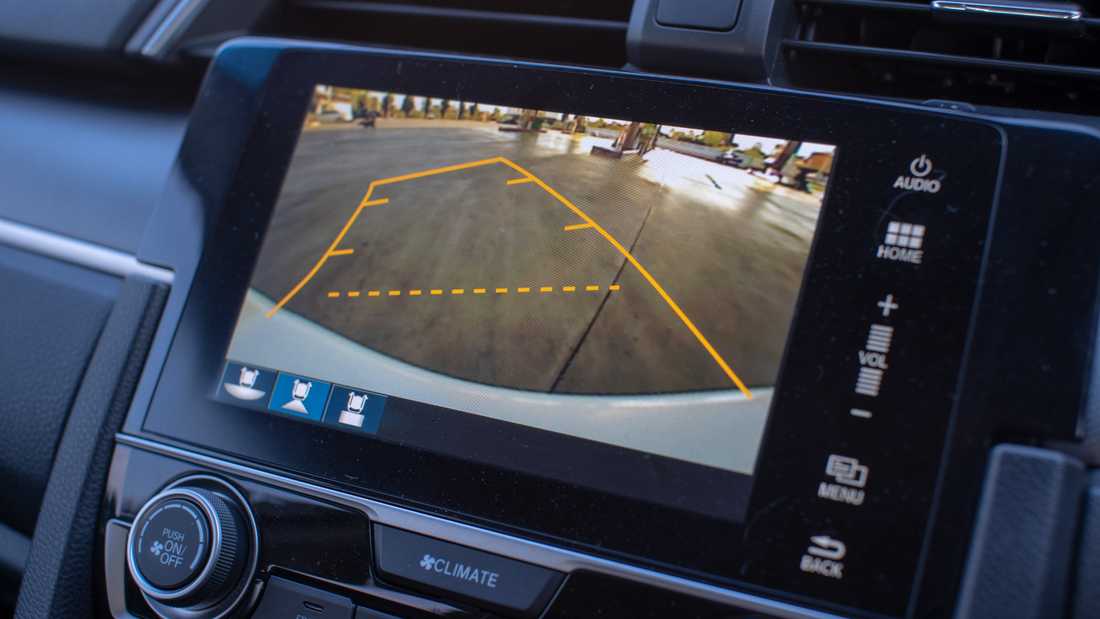|
Congress passed a mandate in 2021 that will require all new cars sold later in this decade to have a built-in drunk driver detection system. This law, well-intentioned as it may be, is fraught with enormous risks to the privacy of any American who drives a car.
The vague goal this mandate sets out is: If your car thinks you’re overserved, your car won’t start. Or perhaps it will pull over and call the police. It is not clear, exactly, how this technology will work. In any event, this law promises to make every car a patrol car, with you inside it. Rep. Thomas Massie (R-KY), a long-time defender of civil liberties, is not having it. He is proposing an amendment to the Transportation, Housing and Urban Development (yes, the Washington acronym here is THUD) appropriations bill to safeguard Americans’ constitutional right to privacy by forbidding federal expenditures to implement this ill-conceived mandate. PPSA is proud to support this amendment and we stand together with other supporters, including FreedomWorks and the Due Process Institute. While aggressive action to curb impaired driving is appropriate, the privacy issues raised by Rep. Massie about the mandate for this “advanced drunk driving and impaired driving prevention technology” are impossible to ignore. They are ultimately of great consequence to the future of our country. First, consider that this technology will monitor the driving performance of millions of Americans who don’t drink and drive, potentially keeping many of them from operating their vehicles. While many states allow for court-mandated ignition interlock devices for people convicted of DUIs (requiring people under such an order to clear a self-administered breathalyzer test before their cars will start), these state restrictions are far more reasonably tailored than the broader and more intrusive federal mandate. Crucially, they make the necessary distinction between the irresponsible few who are under a court order, and the responsible many who are not. Additionally, the state regulations do not passively monitor drivers’ performance. What do the responsible many have to lose under the federal mandate? The driver detection mandate could violate your privacy and constitutional rights on a massive scale. Consider: Absent a breathalyzer, this technology might well – like some commercial delivery operators already do – use a camera and AI to passively monitor your body movements for signs of impairment. Moreover, would your video data be stored? And if it is stored, would camera data follow you and any passengers in the car – perhaps with a sound recording of anything that you might say to each other? (After all, analyzing voice data could be used by AI to look for the possible slurring of your words.) And if this video and/or voice data is stored, would these videos then be part of the enormous stream of data that federal agencies – from the IRS, to the FBI, to the DHS – now routinely purchase and access without a warrant? (This brings to mind an old joke: An FBI agent walks into a bar. The bartender says, “I’ve got a joke for you.” The agent replies, “heard it!”) Video analytics technology, like facial recognition software, is hardly foolproof. Would this yet-to-be-developed device read people with disabilities as being intoxicated? Would perfectly sober people register false positives and not be able to drive? Rep. Massie’s amendment would provide a much-needed sobriety check on the government’s foolhardy leap into mandating this technology. PPSA strongly urges Congress to pass the Massie amendment and protect the privacy and constitutional rights of millions of Americans. Comments are closed.
|
Categories
All
|


 RSS Feed
RSS Feed